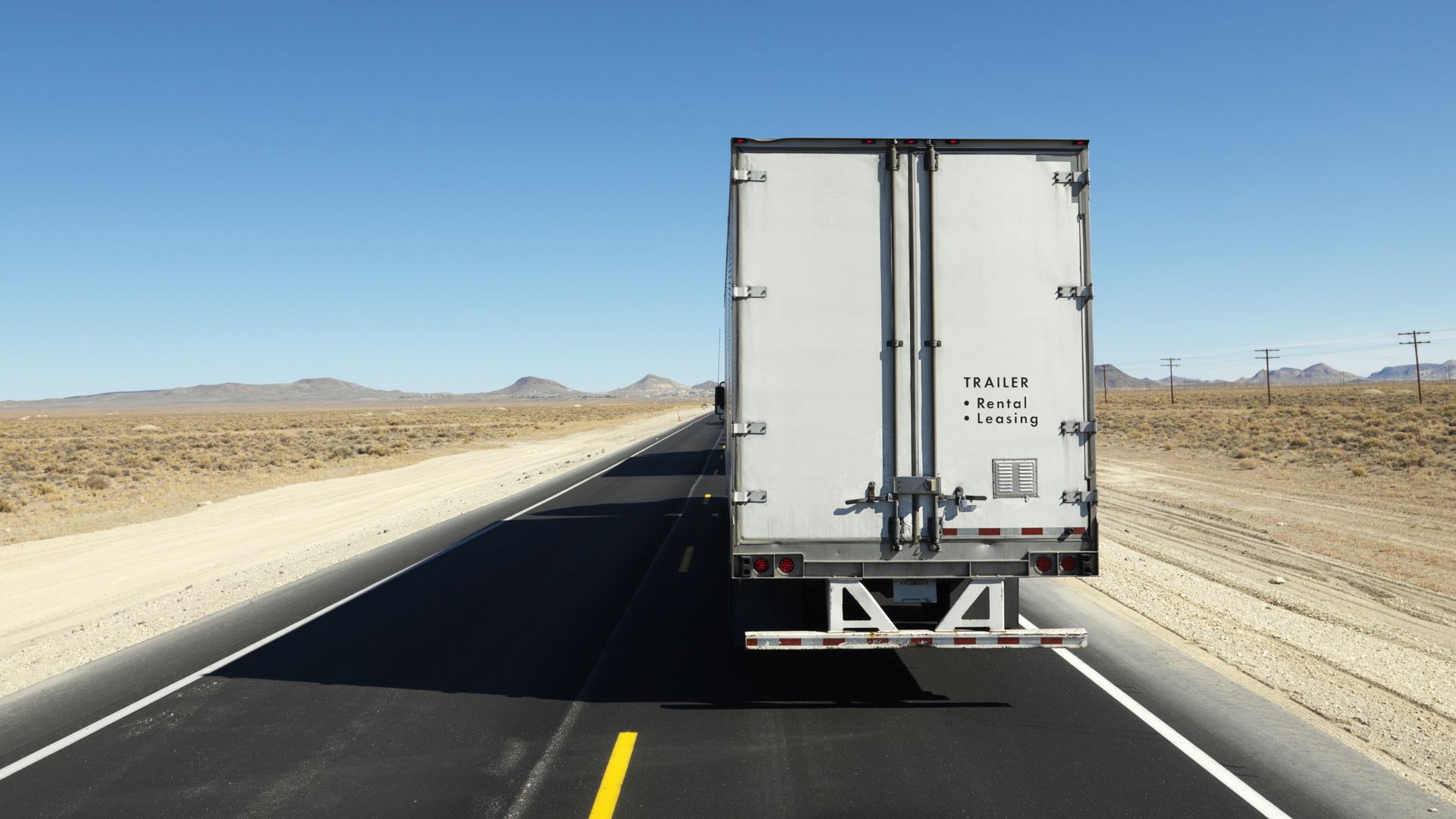5 Things Trucking Companies Need to Know About U.S.-Canada Tariffs

Trade tariffs and the impact they have on the economy remain a key concern for trucking and freight companies that operate in the United States and Canada. The tariffs have driven up costs in many areas that have led to higher operational costs for freight companies that remain in flux due to new tariffs and retaliatory tariffs that all have a significant impact on the bottom line. We want to help keep you informed and up to date on how tariffs will continue to impact the trucking industry with this list of 5 Things Trucking Companies Need to Know About U.S.-Canada Tariffs.
What Do Trucking Companies Need to Know About Tariffs?
Tariffs are taxes on imported goods and they have a ripple effect across multiple industries — and trucking is no exception. Freight companies that operate across the U.S.-Canada border must understand that these trade policies are about more than compliance. They are about strategic planning.
Recent trade disputes and imposed tariffs have already had an impact, with some reports indicating a decrease in cross-border freight volumes and increased operational costs for freight carriers. To minimize the financial stress and maintain efficiency, trucking companies must be proactive in monitoring changes, optimizing routes, and employing technology to adapt to the evolving tariff landscape.
Here are five key things trucking companies need to know about U.S.-Canada tariffs:
READ MORE: How To Reduce Costs and Navigate Tariffs in Trucking
1. Freight Companies Must Remain Flexible
Tariffs are unpredictable and it demands that trucking companies maintain a high degree of flexibility in their operations. A comprehensive Transportation Management System (TMS) can be invaluable in this way by allowing companies to quickly optimize routes, manage loads, and re-evaluate pricing strategies in response to tariff changes. This versatility helps ensure businesses can remain fluid, flexible, and scalable, to minimize disruption and capitalize on new opportunities.
2. Tariffs Increase Costs for Parts and Equipment
Tariffs on steel, aluminum, and other materials have had a direct impact on the manufacturing costs of trucks, trailers, and replacement parts. This increase in production costs is often passed down to trucking companies, leading to higher expenses for new equipment and increased expenses for maintenance and repairs. Freight companies need to factor these elevated costs into their budgets and long-term financial goals.
3. Tariffs May Reduce Freight Volume on Select Items
When tariffs make imported goods more expensive, consumer demand can decrease, which leads to reduced freight volume for those specific goods being shipped. For example — if tariffs are placed on certain agricultural products or manufactured goods, the cross-border freight of those items may slow down. Trucking companies need to monitor trade agreements and tariffs to anticipate shifts in freight demand for particular cargo and adjust their capacity.
4. Tariffs May Lead to Delays for Cross-Border Freight
The implementation of new tariffs can sometimes lead to more complex customs procedures and potentially longer wait times for trucks crossing the border. These delays can impact delivery schedules, increase driver hours, and lead to additional costs associated with idle time. Trucking companies need to factor potential delays into their transit times and communicate arrivals proactively with customers.
5. Tariffs Are Always Changing
Trade policies and tariff structures are not set in stone. They are subject to constant review, negotiation, and change by governments. The tariffs in effect today may be different tomorrow, making it vital for trucking companies to stay informed through reliable sources such as government trade websites, industry associations, and other reliable news outlets. Regular updates to tariff information allows businesses to anticipate changes, be more proactive, and make strategic adjustments at the right time.
READ MORE: What Is the Impact of Tariffs in Cost-Per-Mile in Trucking?
Understanding these 5 Things Trucking Companies Need to Know About U.S.-Canada Tariffs is important for navigating the complexities of cross-border freight. By staying informed, remaining flexible, and employing powerful tools like a TMS, freight companies can minimize risks and capitalize on opportunities.
Contact TransPlus today for a demo of TransPlus TMS to find out how we can help improve your operations in the face of trade tariffs!
Read our TMS Buyer's Guide
Navigate the TMS software landscape with our comprehensive buyer's guide - find the perfect platform for your trucking business today.

Latest From the Blog
Our Insights on Tech, Industry Trends, and News.

5 Things Trucking Companies Need to Know About U.S.-Canada Tariffs

5 Ways a TMS Improves Fleet Maintenance and Management

